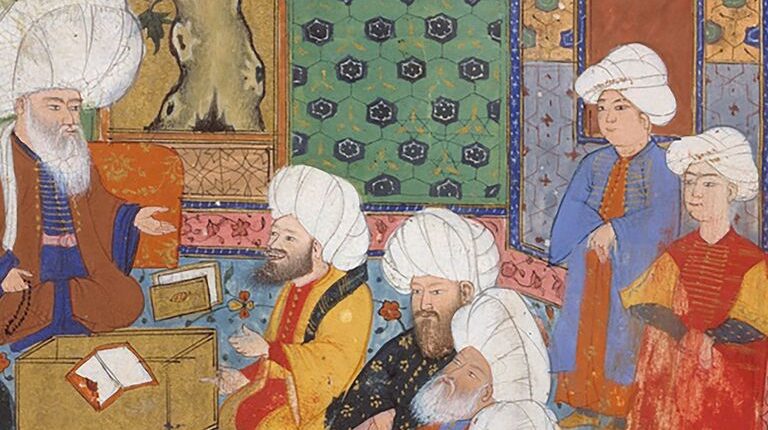Nonviolent Jihad: The Framework of Nonviolent Action in Islam
- World Anti Extremism Network
- Nonviolent Jihad: The Framework of Nonviolent Action in Islam

- Nonviolent Jihad
- By Muhammad bin Yahya Al-Ninowy and Yahya Alshamy
- Sep 17, 2023
- Download Article
The Framework of Nonviolent Action in Islam
Share on:
Abstract
Muslim-majority countries have experienced disproportionately higher rates of authoritarianism and violent conflict, leading to misconceptions regarding the relationship of Islam with violence. Scholars presenting nonviolent resistance modes by Islamic leaders have been published widely to challenge the literature linking Islam inherently to brutality or authoritarianism. However, the provision of Quranic and Prophetic theoretical foundations of nonviolent action by Muslim scholars in the modern context has not been adequately presented. We intend to fill this gap by providing a consistent view of the fundamental general principle of non-violence as the Quran and Prophetic tradition present it. The paper defines the concept of Jihad, emphasizing the priority, importance, and obligation of nonviolent Jihad, in contrast to the mistaken academic and populist understanding of violent Jihad. Additionally, we show that the Quran and Prophetic tradition cement the obligation to self-defense against violent aggression through all possible nonviolent means. It only permits militant preparation as a deterrent and in exceptional circumstances to halt an existential threat to society. Finally, we list why nonviolent modes of action are superior to violence according to the Islamic framework, citing the social benefits of nonviolent action compared to violence.
Subscribe to our newsletter and stay updated.
Contact
Toronto, Ontario, M1L 0E5 Canada
Subscribe to our newsletter and stay updated.
Contact
Toronto, Ontario, M1L 0E5 Canada
Subscribe to our newsletter and stay updated.
Contact
Toronto, Ontario, M1L 0E5 Canada




